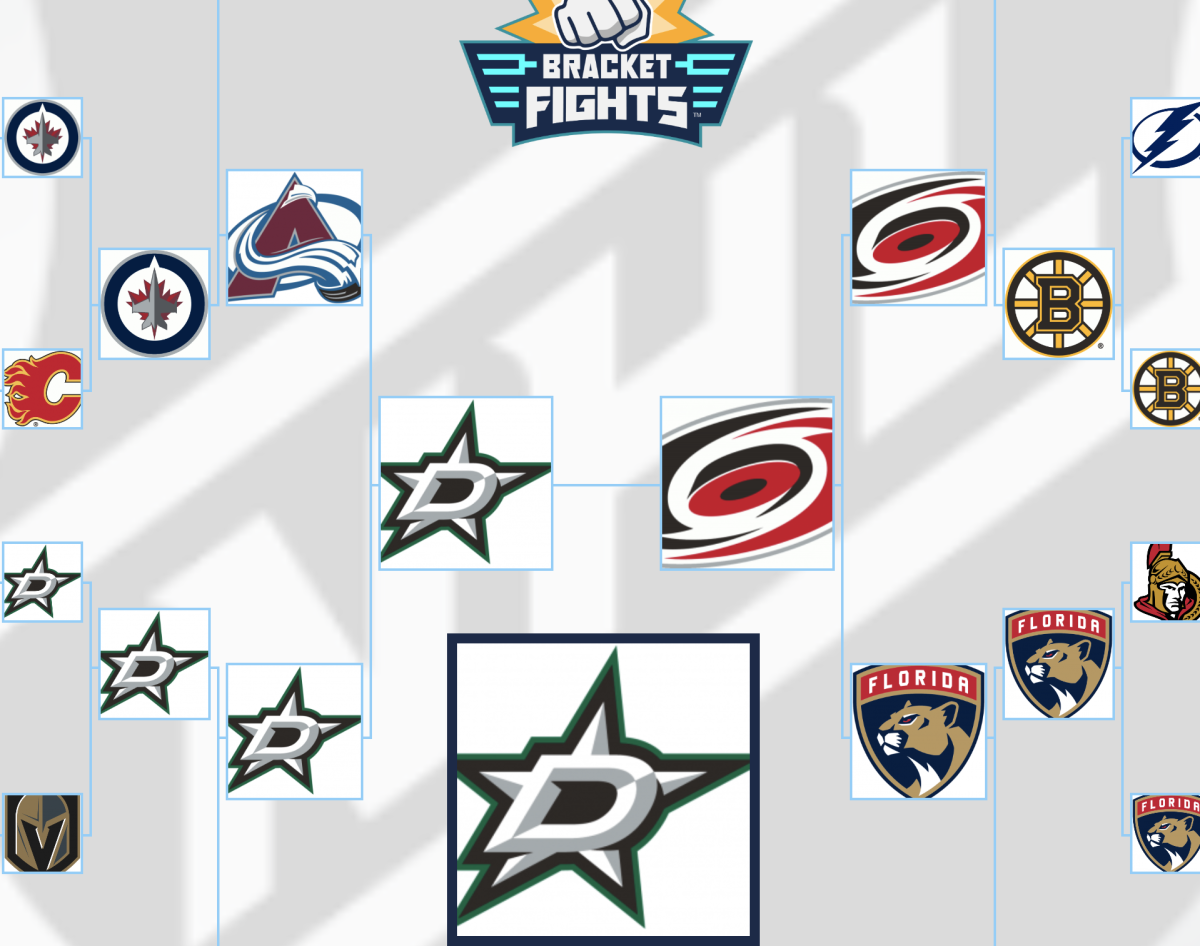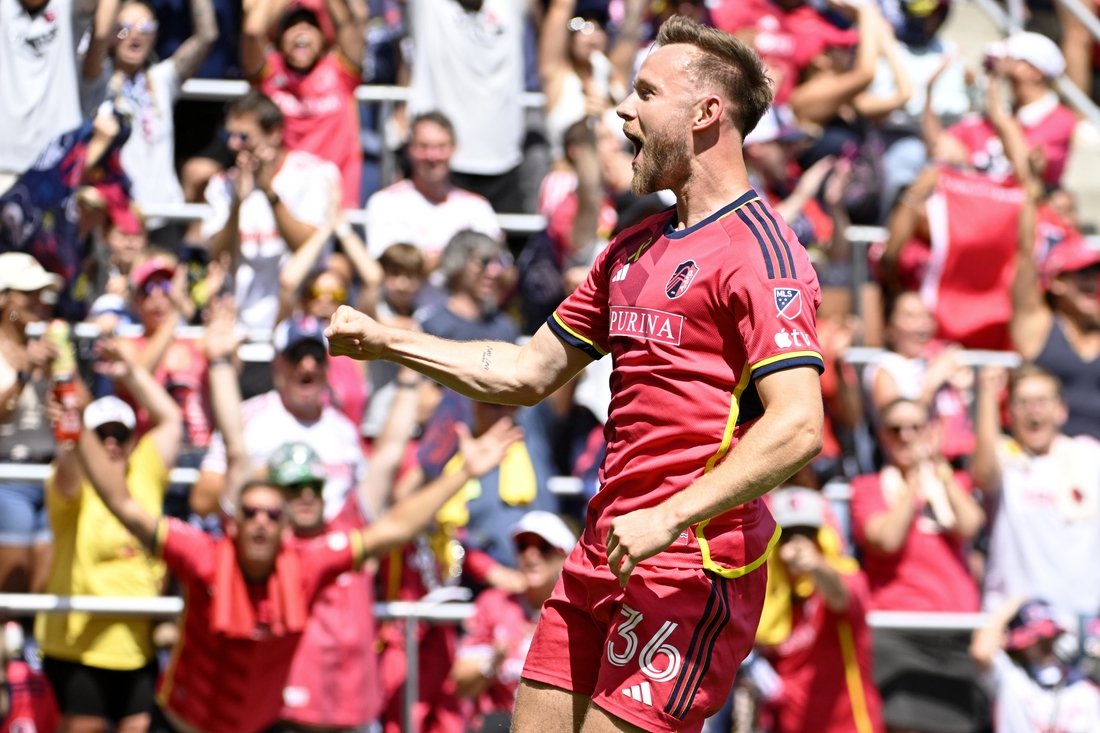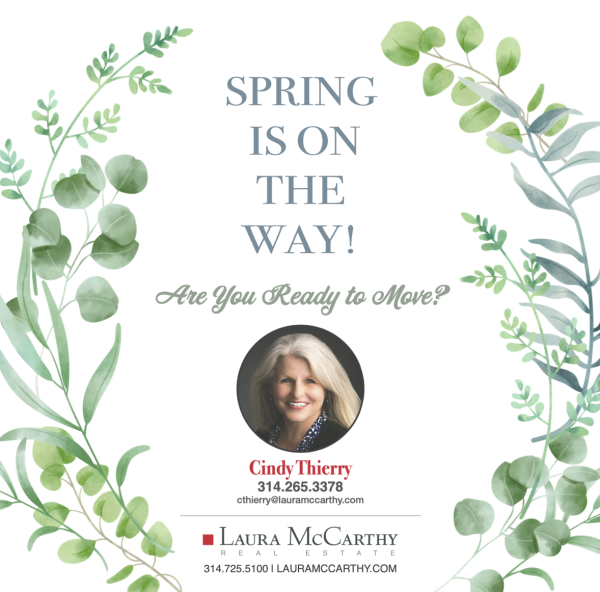Gracie Abrams’ lyricism and songwriting prove adept
April 17, 2023
On Jan. 9th, Gracie Abrams, daughter of controversial director JJ Abrams, announced her debut album titled Good Riddance. This album would follow her much loved EP’s This Is What It Feels Like, released in November 2021, and Minor, released in July 2020. Abrams recently gained numerous new listeners after opening for Olivia Rodrigo on her tour and being announced as an opener for Taylor Swift on her upcoming tour. When she revealed through Instagram that Good Riddance would release on Feb. 24th, fans were ecstatic. The album is produced and co-written by Aaron Dessner, who Abrams has worked with many times before. Dessner has worked on innumerable amount of amazing projects, including several Taylor Swift albums such as folklore and evermore and as his own bands Big Red Machine and The National. Essentially, this album had been set up for success from the beginning.
Preceding the album, Abrams released two singles “Where do we go now?” and “Amelie.” Both songs featured impressive lyricism, such as “There’s nothing left here/All our best years are behind/What a brutal way to die/But you choose it everytime” (“Where do we go now?”). “Where do we go now?” was an instant hit; fans loved it, and it quickly became her most streamed debut on Spotify after amassing 816,790 streams on its first day. The song’s catchy verses and bridge, as well as its relatable message, aided fans in their enjoyment of the song. However, the second single, “Amelie,” did not go over as well with listeners. It debuted with 483,955 streams on its first day, remarkably less than “Where do we go now?” The song was undeniably sadder than the first; however, I don’t believe that was the reason for its lack of streams. Fans loved the message and lyrics of “Amelie,” but the execution does not prove the song eminently listenable. Abrams has a tendency to sing in a hushed tone, and some listeners may find it to be dissonant. Overall, “Where do we go now?” Was a much stronger song to lead into Good Riddance than “Amelie.”
Once the album debuted, it exploded in popularity, with more than 3 million Spotify streams on its first day. The album quickly became a favorite for fans of Abrams. The story of the downfall of a relationship is detailed expertly in the songs and the album tells a complete narrative. In her music, Abrams’ songwriting tends to shine in her choruses, with emotion-evoking and memorable lyrics; this was evident in Good Riddance. Due to her talent in lyricism, the album is a rollercoaster of emotion, going from incredibly sad songs like “Amelie” and “Will you cry?” to hits like “I know it won’t work” and “I should hate you.” Nevertheless, its themes and messages stay consistent for the duration of the album. Stories of regret and guilt lie in the lyrics of every song and help bridge the entire album together, providing a complement to the listening experience.
The album opens with “Best,” in which Abrams confesses to her faults in her past relationship: “I never was the best to you” Abrams repeats in the chorus. “Best” is followed by another fan favorite, “I know it won’t work,” Abrams’ second most popular song. This song switches from self-reflection to other partners’ culpability. Abrams sings, “And part of me wants to walk away ‘til you really listen,” (“I know it won’t work”). Succeeding this is “Full Machine.” Focusing on Abrams’ emotions after the break up, she utilizes the use of metaphors heavily in this song: “I’m a forest fire/ You’re the kerosene/ I had a life here before you/ But now it’s burning” (“Full Machine”). Preceding the next song is the first single of the album, “Where do we go now?” Following is another fan favorite, “I should hate you”, detailing Abrams lingering feelings for this person. “And I swear to god, I’d kill you if I loved you less hard,” Abrams sings as the song reaches its climax.
The next song “Will you cry?” opens the second half of the album, exploring the guilt Abrams feels for ending the relationship. The lyric “Will you cry if I let go?” is sung in the chorus to represent this theme. Following this is the second single “Amelie,” continuing the sorrowful themes of “Will you cry?” but moving away from relationship themes. Afterwards, we see the song “Difficult,” revisiting Abrams self-reflection after the relationship we saw in Best. This song was actually released in Oct. 2022. “My double vision/ Is only amplifying’ everything’ he isn’t/ ‘Til I feel less attached and bored to death, but listen/ It’s no one’s fault, it’s just my terrible condition,” Abrams reviews her faults and how she was responsible for the falling out.
Closing off the album are four emotional songs, beginning with “This is what the drugs are for” exploring not only topics of heartbreak but the more serious sides of coping. This song mirrors “Amelie” in its vulnerability and soft, emotional vocals but in lyricism it excels. “I’m still waiting’ by the phone/ You painted my life indigo/A kind of blue I hate to know/ Where everything turns kinda cold,” Abrams sings. “Fault line” compares her relationship to a fault line (a geological fault in a rock), an analogy to the issues in this relationship that she keeps coming back to. “When I’m down, I fall right back to you, it happens/ I know you’re a fault line, but I’ll break too,” Abrams writes; her lyricism shines here. “The blue” follows, which is yet another song about this dismal relationship. This emotional conflict is further explored in “The blue,” which gives a deeper insight into its depths. Abrams sings in her song “You came out of the blue like that/ I never could’ve seen you coming/ I think you’re everything I’ve wanted.” Finally, ending out the album is “Right now.” “Right now” is contrary to other songs on the album as it moves away from the topic of a relationship. It follows the emotions that come with growing and maturity: “Left my past life on the ground/ think I’m more alive right now/ I feel like myself right now.” This song closes off the album perfectly. By reminiscing about Abram’s childhood it gives listeners a true understanding of her and ends the journey of Good Riddance in a good place.
A great deal of songs on the album are reminiscent of other singers’ work, like in the song “I should hate you.” The lyrics “I should hate you, I feel stupid/ Like I almost crashed my car/ Drivin’ home to talk about you/ At my table in the dark” gives the listener a similar feeling lyrically to Olivia Rodrigo’s deja vu, released in 2021. While the vocals of the song are redolent to singers such as Lizzy McAlpine, whose song Ceilings recently went viral online, Abrams has also accounted to being inspired by artists such as Bon Iver, Kate Bush, the 1975, Taylor Swift, Phoebe Bridgers and more; you can hear their influences in all of her music.
Whilst fans loved the album, others were more critical of it, with reviewers describing it as “lacking authenticity” (The Post, Athens) and it being “difficult to see what sets Abrams apart from the rest” (Pitchfork.) These criticisms are not completely baseless, but they are somewhat biased. Many people look at someone with nepotism and search for their faults and because Abrams’ father, JJ Abrams, is an incredibly successful yet contentious director, she is subjected to this treatment. The album has its faults and its weak points, but Abrams is a relatively new artist and has improved greatly since she began making music.
Abrams still has a long way to go, but Good Riddance is an objectively good album, and she is indubitably a talented songwriter and performer. Her lyricism continues to improve with every song she releases and her album’s/ep’s become more euphonious each time. Good Riddance is just the segway into an incredibly successful discography and career for Gracie Abrams.
4.5/5






































